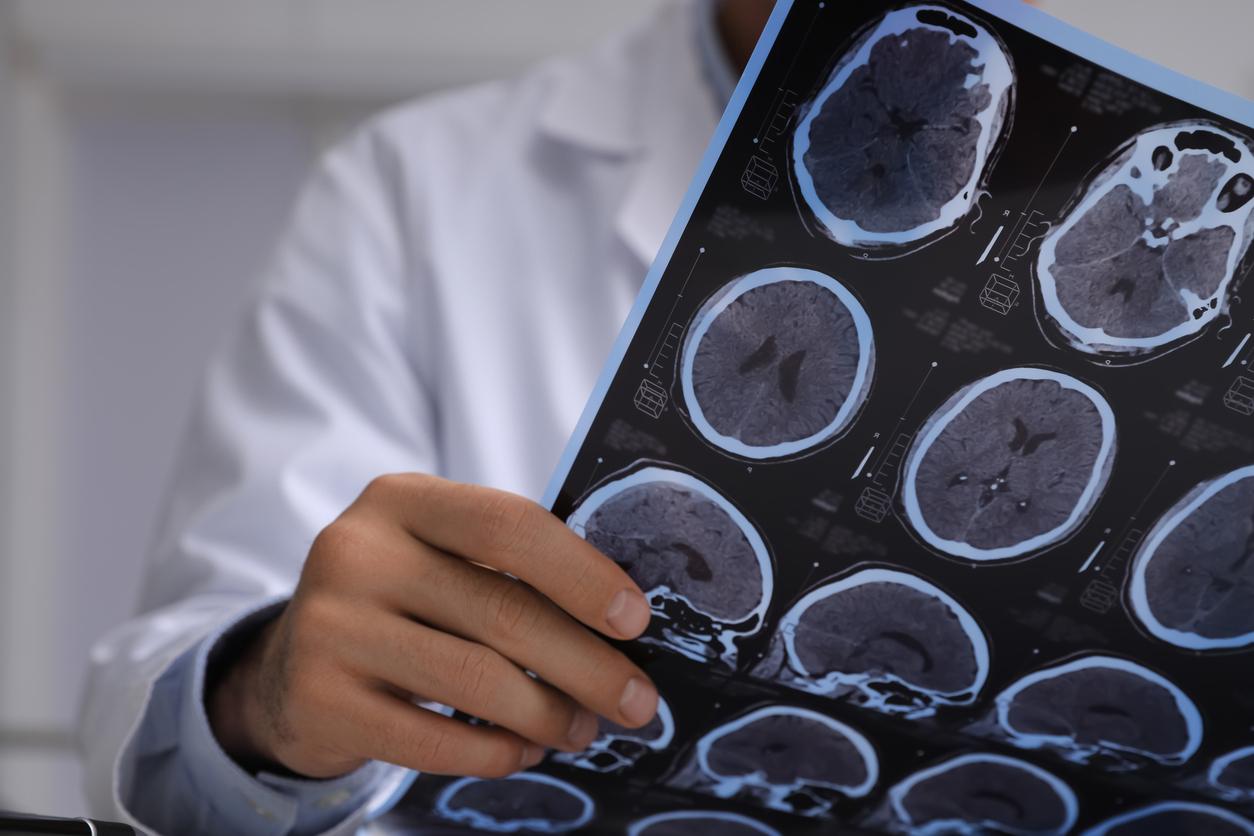Concussions suffered in youth can contribute to the development of dementia as people age, researchers say.

- Concussions, which usually occur early in life, can have a serious impact on the risk of dementia later in life.
- Micro-bleeds in the brain, smoking, sleep disorders, depression: concussion victims are at greater risk of these types of health problems that promote dementia.
- Patients who suffered a concussion when they were younger have a higher risk of memory problems than those with cardiovascular disease, high blood pressure or diabetes – also risk factors for developing dementia.
Concussions, common among athletes, are mild brain injuries, secondary to an impact to the head, which cause a sudden and often transient disruption of brain function. However, they can follow injured people throughout their lives: a team of neuroscientists and psychiatrists, led by a group from the University of Cambridge (United Kingdom), has shown that these brain injuries, which generally occur early in life, can have serious repercussions on health later in life. Their conclusions were published in the journal JAMA Network Open.
What is the link between concussions and future dementia?
While previous work has suggested that some forms of dementia may be linked to certain types of brain damage, the researchers wanted to find out for sure. To do this, they examined and compared magnetic resonance imaging (MRI) scans from 617 people aged 40 to 59 who had volunteered to take part in the UK’s Prevent Dementia study and had undergone at least three MRI scans. They also took into account their medical history, including whether the participants had suffered any brain damage in their lifetime.
According to the team of scientists, 36.1% of the volunteers reported having suffered “at least one brain injury severe enough to have rendered them unconscious for a short period of time”we can read in a press release. But when the researchers looked at their MRIs, they found that they had higher than normal incidences of microbleeds in the brain. They were also more likely to smoke cigarettes, have more sleep and gait problems, and suffer from depression — all of which studies have found to contribute to dementia. Finally, the more concussions a person had, the more these health problems became apparent.
Memory problems in concussion victims
Additionally, patients who had suffered a concussion when they were younger had a higher risk of memory problems than those with cardiovascular disease, high blood pressure or diabetes – also risk factors for developing dementia.
Years after the shock, head injuries can therefore have “unknown consequences” on health as we age. However, more in-depth studies are needed, scientists say, to determine “the long-term impacts of traumatic brain injury, particularly with regard to memory retention problems and possible links to the development of dementia.”

















